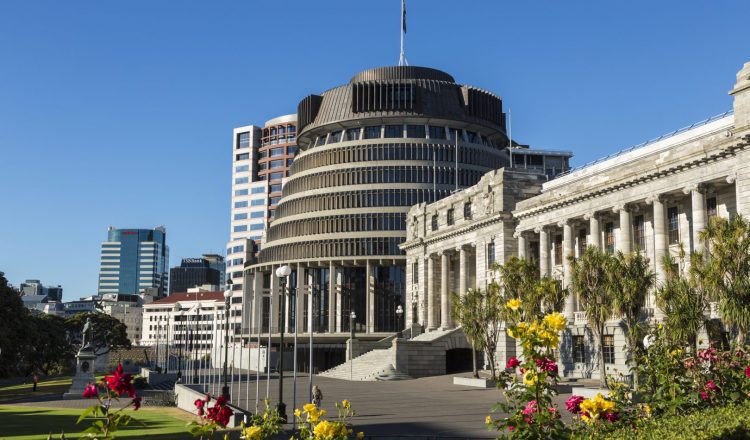Local government
Local government and local authority(ies) are terms used to describe any or all of New Zealand’s regional, district, city or unitary councils. While central government is concerned with the broader issues of importance to all New Zealanders, local government manages the issues that are specific to local communities. There are 78 councils in New Zealand. There are: 11 Regional Councils, 12 City Councils, 54 District Councils, and Auckland Council (a unitary authority).
Regional Councils
The main responsibility of a regional council is to manage environmental, resource and transport planning issues for the whole region. A region may include a number of territorial authorities. A regional council manages:
- the sustainable use of land, air and water
- rivers, flood control and mitigation of soil erosion
- animal and plan pest control
- land transport planning and contracting passenger services
- harbour navigation, safe boating, managing oil spills and other issues related to marine pollution.
Territorial authorises (city and district councils)
There are two types of territorial authorities, City councils represent a population of more than 50,000 that is predominantly urban-based, District councils have a smaller and more widely dispersed population. Territorial authorities typically manage the following services for their communities:
- Water supply
- roading and public transport services
- sold waste collection and disposal
- the avoidance or mitigation of natural hazards
- regulator services (e.g. dog control, liquor licensing)
- libraries, museums, reserves, recreational facilities and other community infrastructure.
Unitary authorities
A unitary authority is a territorial authority that also has the powers and responsibilities of a regional council. There are six unitary authorities in New Zealand, these are:
- Auckland Council
- Gisborne District Council
- Chatham Islands Council
- Marlborough District Council
- Nelson City Council
- Tasman District Council

















































